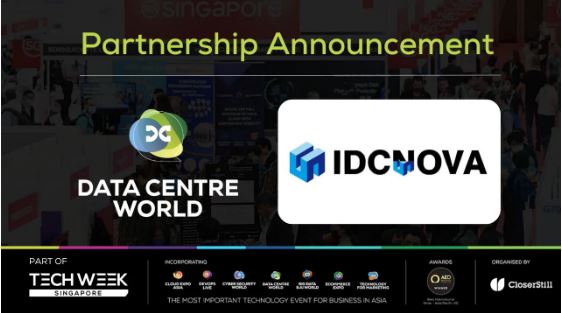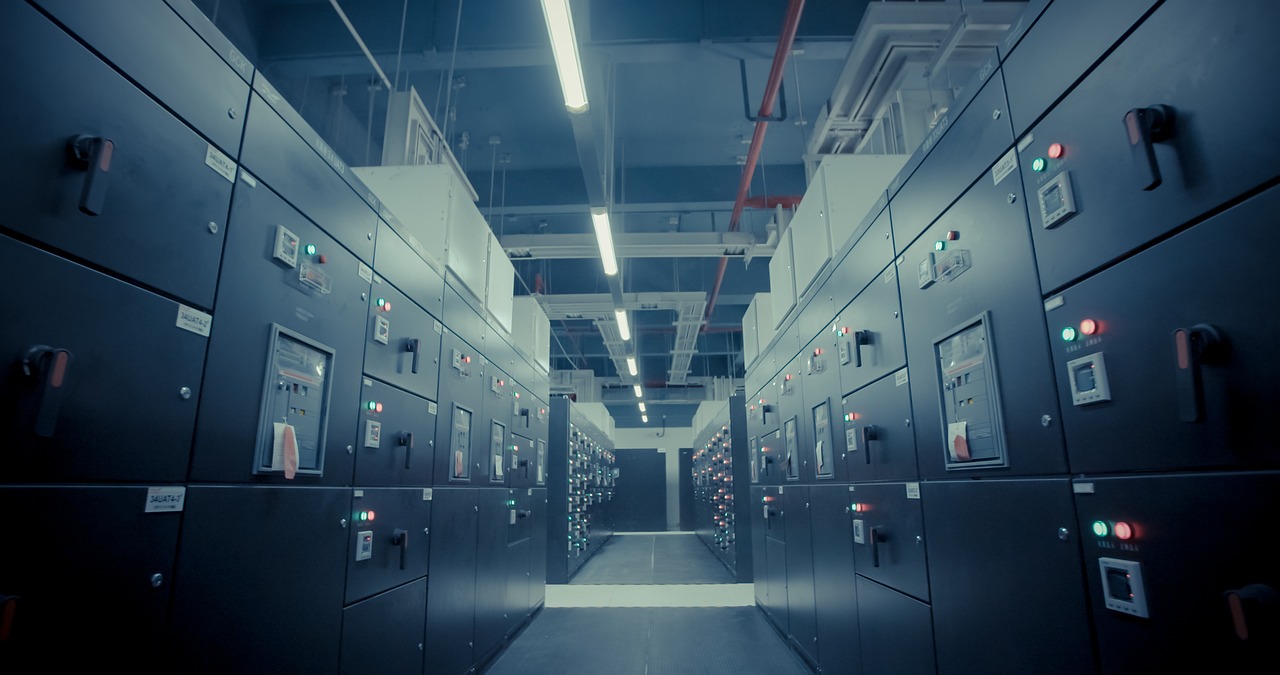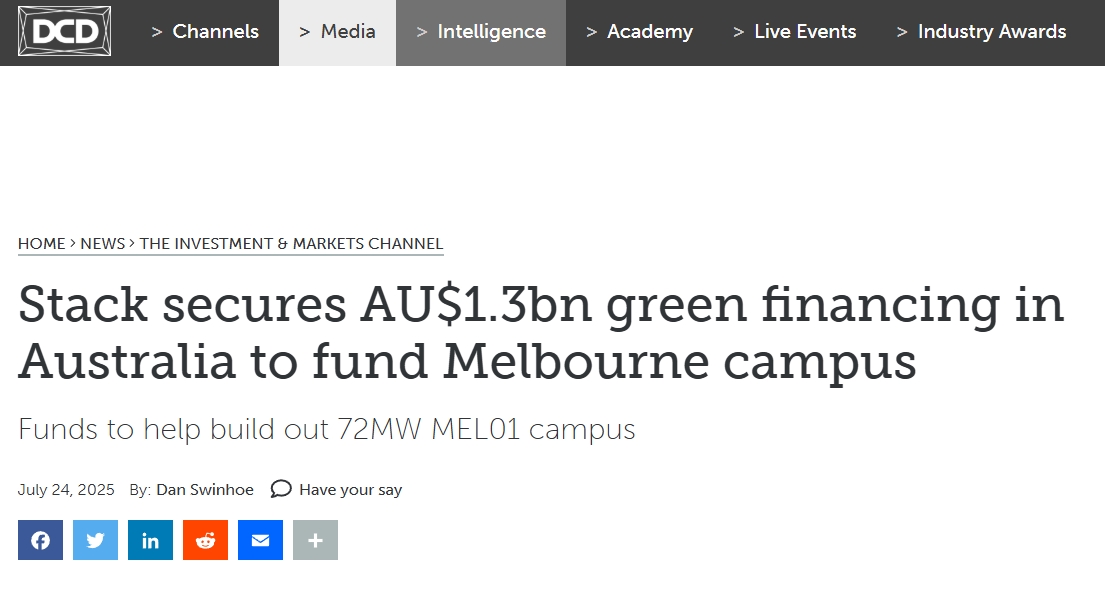The cooperation between IDCNOVA and Data Center World Asia aims to provide a broader communication platform for Chinese overseas enterprises and jointly explore global cooperation opportunities. We are also honored to have the opportunity to interview Luke Lubega, Director of Data Center World Asia, to introduce us to the IDC market in Southeast Asia, the opportunities for Chinese companies going overseas in Southeast Asia, and the upcoming Data Center World Asia exhibition. Q1 What is the status quo and development trend of Singapore's data center industry? Luke Lubega: Singapore is considered the most advanced data centre market in Asia and has been the preferred site for co-location providers and hyperscalers from both eastern and western markets, including Tencent & Microsoft, to meet the growing demand for connectivity in South-East Asia Region. In recent years, large data centre’s have also been built all across the emerging markets in South-East Asia, including Malaysia, Indonesia, Thailand and Philippines. Experts predict that the region will lead global growth for the next 10 years as the growing populations require more connectivity. As Singapore serves as the regional hub, this growth across South-East Asia has further strengthened the country’s data centre industry, as most of the the large-scale operators base their headquarters here. In this way, Singapore plays a very important role as the gateway to the whole of the region. Q2 What is the current status of Chinese-funded enterprises entering Singapore? Compared with other countries in Southeast Asia, what are the advantages of Singapore in attracting Chinese companies? What are the suggestions for Chinese-funded enterprises that want to enter the Southeast Asian region? Luke Lubega : Chinese companies are well positioned to take advantage of the opportunities in the region. There are already many examples of Chinese enterprises that have successfully established themselves in this market, including, Shuangdeng Group, WeiChai, Envicool, GDS and K-Star. Singapore, and the South-East Asia region, have some special advantages for Chinese enterprises. For example, as there are many Chinese end-users with regional bases in Singapore including, Huawei, ByteDance and Tencent, Chinese suppliers have an advantage to sell to them as they often prefer to work with companies from their home country. The Singapore market is also the world’s easiest market for Chinese enterprises to do business as the business policy is very welcoming and there is no language barrier since most of the population speak Chinese. Q3 And what technologies to end-users demand? Luke Lubega : All data centre markets across the entire Southeast Asia region are growing. The markets with the strongest development pipelines are Malaysia and Indonesia, these two countries have a committed pipeline to deliver over 1000 MegaWatts in capacity in the near term To deliver this growth, data centre developers and operators require a range of critical technologies. To ensure uninterrupted uptime, all operators require reliable power generators, batteries, power monitoring systems. In the tropical climates of South-East Asia, cooling and dehumidification systems are also crucial. Connectivity is also important, so fibre optic cables and connectors are always in demand. Every data centre also requires the basic essentials, including server racks, cabinets and enclosures Lastly, security and fire suppression systems are necessary across all facilities. Chinese enterprises that supply any of these technologies often have an advantage in South-East Asia as their products are high-quality but also more competitively priced than European and American suppliers.

Q4
Could we know more about the upcoming Data Center World Asia exhibition.
Luke Lubega : Data Center World Asia 2023 is the largest data centre event in Asia, bringing together the world's leading tech & data centre suppliers to showcase their latest cutting-edge technologies and solutions. The exhibition will cover a wide range of topics, including data centre design and build, cooling and power, security, and cloud computing.
This year's exhibition will feature keynote presentations from leading industry experts and key panel discussion with on the latest trends and technologies in the data centre industry. There will also be a dedicated exhibition area where attendees can meet with vendors and learn more about their products and services.
Data Centre World Asia 2023 is the perfect event for anyone involved in the design, construction, operation, management, and product/equipment supplier of data centres. Whether you are a data center manager, engineer, architect or IT professional, contractor, service provider or product provider, you will find valuable information and insights at this exhibition.
The exhibition will be held on October 11-12, 2023, at the Marina Bay Sands Expo and Convention Centre in Singapore. To register, visit www.datacentreworldasia.com.








